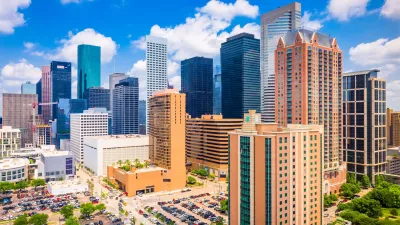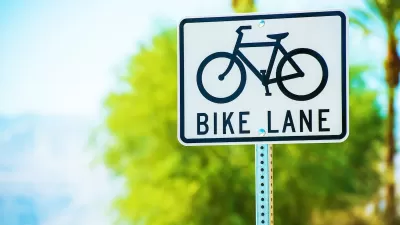Many cities around the country are facing the question about whether they should subsidize city-owned golf courses as the game's popularity declines. Supporters of "munis" say they provide an affordable location for outdoor recreation.
A group of golfers are attempting to raise $15 million to renovate the historic Gus Wortham Golf Course, but Mayor Annise Parker and others believe the property would be better used as a botanic garden, according to an article by Mike Morris.
"That the city is contemplating giving up golf at Wortham…raises broader questions about whether Houston should be in the golf business at a time when the city is facing serious budget challenges and participation in golf is on the decline," explains Morris.
In fact, "only two of the city's eight golf courses - Memorial Park and Hermann Park - turn a profit."
Former city councilman Jim Greenwood is helping to raise funds for the renovation of Wortham. "If the city cannot properly manage its courses, Greenwood said, officials could consider hiring a nonprofit to take over operations rather than abandoning golf. The city of Baltimore has taken this approach." Municipal golf courses, according to Wortham's supporters, provide golfers with affordable, necessary alternatives to country clubs.
Jeff Ross, president of Houston Botanic Garden, however, "said a golf course is not the best use of Wortham's 151 acres. He pointed to data from the National Golf Foundation that show the game's decline in recent years, with golf participation now at its lowest level in 25 years."
FULL STORY: City has trouble reaching green on its golf courses

Trump Administration Could Effectively End Housing Voucher Program
Federal officials are eyeing major cuts to the Section 8 program that helps millions of low-income households pay rent.

Planetizen Federal Action Tracker
A weekly monitor of how Trump’s orders and actions are impacting planners and planning in America.

Ken Jennings Launches Transit Web Series
The Jeopardy champ wants you to ride public transit.

Washington Legislature Passes Rent Increase Cap
A bill that caps rent increases at 7 percent plus inflation is headed to the governor’s desk.

From Planning to Action: How LA County Is Rethinking Climate Resilience
Chief Sustainability Officer Rita Kampalath outlines the County’s shift from planning to implementation in its climate resilience efforts, emphasizing cross-departmental coordination, updated recovery strategies, and the need for flexible funding.

New Mexico Aging Department Commits to Helping Seniors Age ‘In Place’ and ‘Autonomously’ in New Draft Plan
As New Mexico’s population of seniors continues to grow, the state’s aging department is proposing expanded initiatives to help seniors maintain their autonomy while also supporting family caregivers.
Urban Design for Planners 1: Software Tools
This six-course series explores essential urban design concepts using open source software and equips planners with the tools they need to participate fully in the urban design process.
Planning for Universal Design
Learn the tools for implementing Universal Design in planning regulations.
Heyer Gruel & Associates PA
Ada County Highway District
Institute for Housing and Urban Development Studies (IHS)
City of Grandview
Harvard GSD Executive Education
Toledo-Lucas County Plan Commissions
Salt Lake City
NYU Wagner Graduate School of Public Service





























